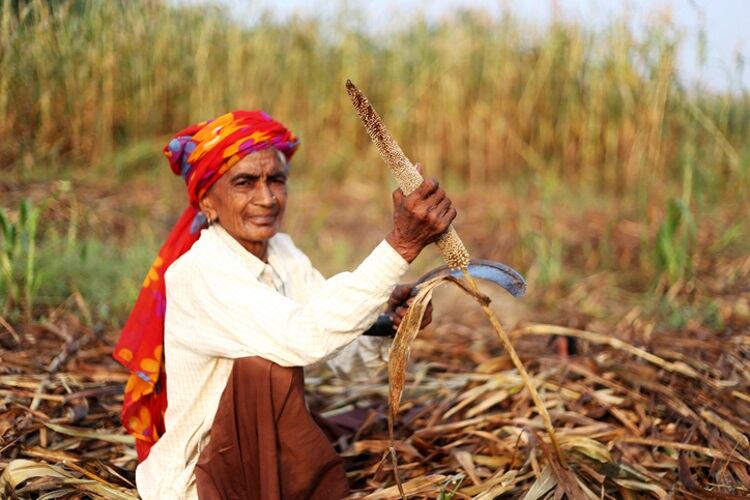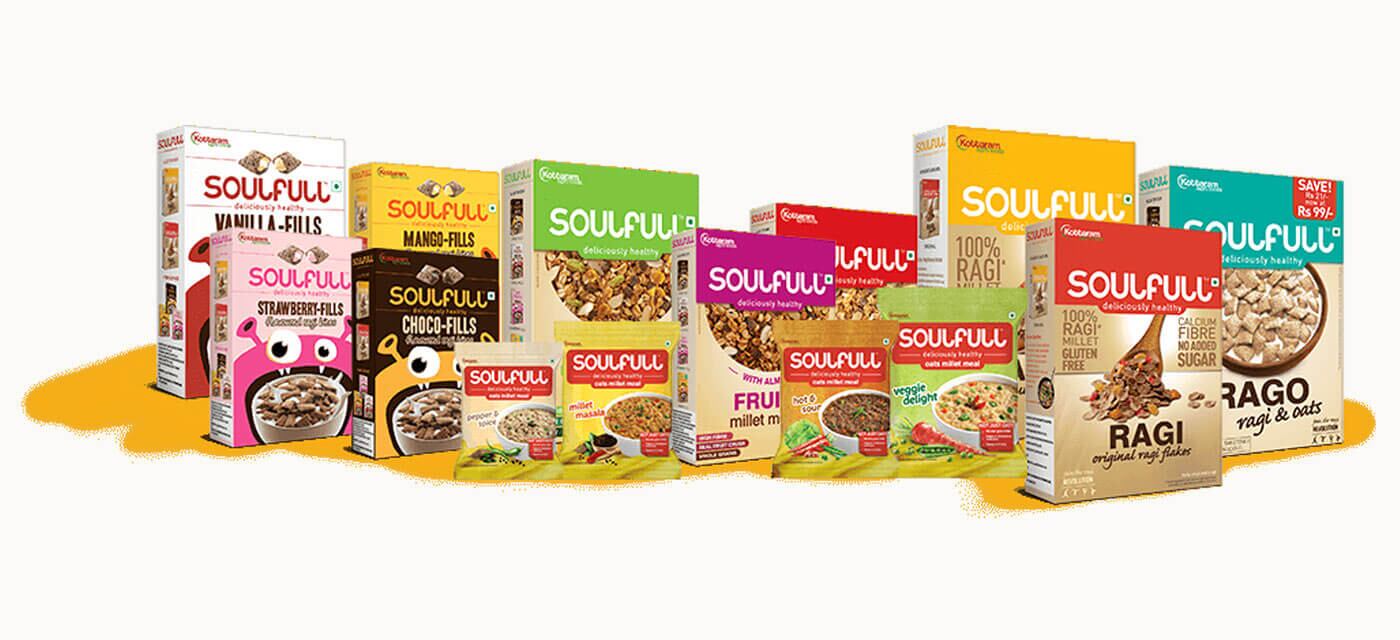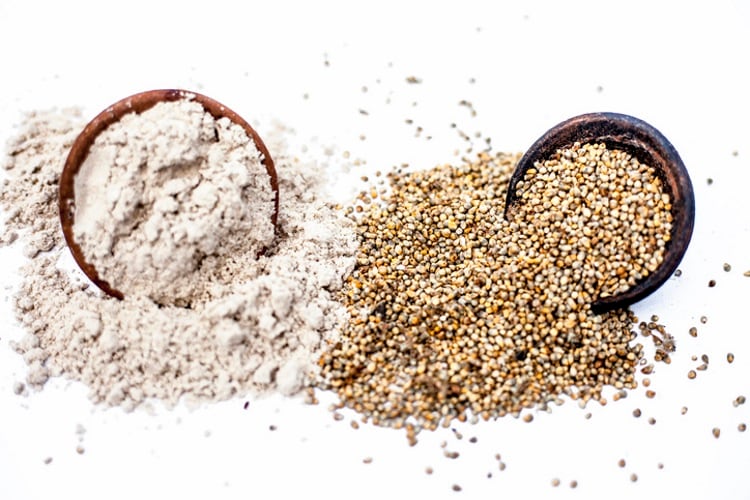The humble millet is set to go global.
The IYOM proposal was mooted by India in 2021 – and supported by 72 countries – principally to reverse the consumption decline of the nutrient-rich grain and open opportunities for the country’s millet growers, accounting for 41% the total world production in 2020.
Millets have served as a traditional staple for hundreds of millions of people in sub-Saharan Africa and Asia for over 7,000 years, but now their cultivation is giving way to the more popular crops of wheat, maize and rice. Accompanying this decline is the grain’s untapped potential to address climate change and food security.
Smart food
Millets are resilient to extreme conditions, including high temperatures and drought. They are also considered a nutri-cereal, packed with protein, fibre, key vitamins and minerals, and the ability to protect cardiovascular health, lower cholesterol, prevent the onset of diabetes, reduce iron deficiency, manage inflammation in the gut and maintain weight.
More than 90 million people in Africa and Asia depend on millets. However, breaking the cereal hierarchy that has dominated the market for decades is taking its toll. Millets don’t benefit from the subsidies, research or investments that wheat, rice and maize do; they are tainted with a low social status; hindered by the consumer’s lack of knowledge on their use in the daily diet; and impeded by the food industry’s meagre outlay in product development.
This is what the UN and the government of India are hoping to turn around, with the International Year designed to elevate awareness of their contribution in nutrition, food security and eco-ability; inspire stakeholders to improve sustainable production and quality of millets; and promote investment in R&D.
Call out for for innovation
It is also an opportunity to unearth the best and brightest minds.
India’s Agriculture Ministry has launched several initiatives via its YouGov platform, including a contest to design a comic story with the theme India’s Wealth, Millets for Health. Open to entrants around the world (closing 5 November) , the competition is intended to put India’s millets in the spotlight, including sorghum (jowar), pearl millet (bajra), finger millet (ragi/mandua), little millet (kutki), kodo millet, barnyard millet (sawa/jhangora), foxtail millet (kangni/kakun) and proso millet (chena).

The Millet Startup Innovation Challenge (closing 31 January) is designed to root out the tech and business solutions to the existing problems in the millets ecosystem. Three disruptive startups will be selected, each receiving a seed grant of Rs 1 crore to get their ideas market-ready. A further 15 candidates will receive Rs 20 lakh each, while the third place cohort will receive Rs 10 lakh each.
The Ministry said a competition for an audio song and documentary film on the importance of millets will be launched shortly.
India’s Finance Minister Nirmala Sitharaman also announced a Rs 25 crore investment by the National Bank for Agriculture and Rural Development (NABARD) to the University of Agricultural Sciences in Raichur for establishment of the Millet Value Chain Park, an incubation centre for processing, value addition, capacity building and promotion of millets.





